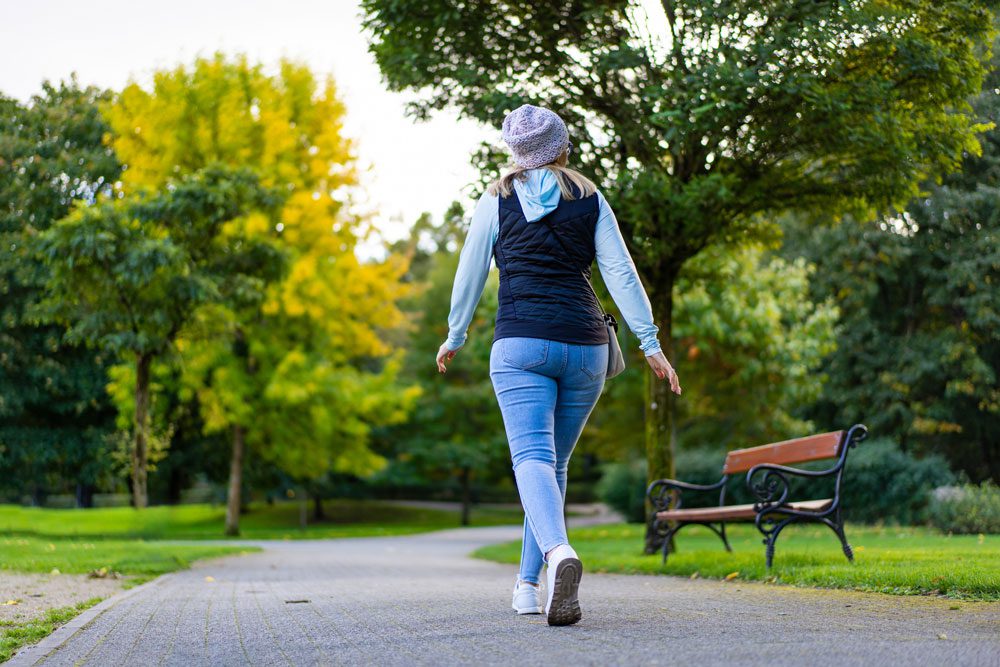If you’ve ever noticed a boost in your mood after going for a walk or stretching your body, you’ve experienced the powerful connection between movement and mental health. Exercise isn’t just about staying physically fit; it plays a crucial role in how you feel emotionally. When recovering from a mental health crisis, movement can be a vital part of healing, thanks to its proven ability to reduce stress, ease anxiety, and improve overall mood. Whether you’re facing anxiety, depression, or everyday stress, incorporating physical activity into your routine can have a profound and lasting impact.
The Science Behind Movement and Mood
Research has shown that exercise has a direct impact on your brain chemistry. When you move your body, your brain releases endorphins—natural chemicals that promote feelings of happiness and relaxation. At the same time, exercise reduces stress hormones like cortisol, helping to ease tension and anxiety.
But the benefits don’t stop there. Regular physical activity increases levels of serotonin and dopamine, neurotransmitters that influence mood, motivation, and overall mental clarity. This is why exercise is often recommended as part of treatment for depression, anxiety, and even trauma-related disorders.
Beyond brain chemistry, movement offers psychological benefits. Engaging in physical activity can help you break out of negative thought patterns, increase your self-esteem, and provide a sense of accomplishment. When you set small fitness goals and achieve them—like taking a short walk each day or completing a yoga session—you build confidence and resilience over time.
Simple Ways to Incorporate Exercise into Your Routine
You don’t have to run a marathon or lift heavy weights to experience the mental health benefits of movement. Simple, intentional activities can have a profound impact. Here are some ideas to get you started:
- Walking. One of the easiest ways to get moving is to go for a walk. Whether it’s a short stroll around your neighborhood or a walk at a local park, walking can reduce stress and boost your mood. To add a greater boost to your mood, listen to music or your favorite podcast.
- Yoga. Yoga combines movement with mindfulness, making it an excellent practice for reducing anxiety and improving emotional balance. Deep breathing and stretching help release tension from both your body and mind. Even a 10-minute yoga session can make a difference in how you feel.
- Dancing. Dancing is a fun way to get your body moving. It also releases endorphins. Put on your favorite music and move freely—whether you’re alone in your living room, with friends, or in a class, this form of movement can bring joy and help release pent-up emotions.
- Strength training. Lifting weights will not only improve your physical strength, but it can also help you build mental strength, too. Strength training has been shown to reduce symptoms of depression and anxiety, while also improving focus and self-confidence.
- Swimming. If you have access to a pool, swimming is a low-impact way to move your body while also calming your mind. The rhythmic nature of swimming can be meditative, helping to ease stress and promote relaxation.
- Outdoor activities. Spending time in nature has its own mental health benefits. Activities like hiking, biking, or kayaking combine movement with fresh air and sunlight, which can help boost your mood and reduce symptoms of seasonal depression.
Building a Routine That Works for You
The key to making exercise a regular part of your life is to choose activities you enjoy. Movement should feel good, and not be something you dread doing. Start small and set realistic goals—maybe it’s a five-minute stretch in the morning or a short walk after dinner. Gradually increase your activity level in a way that feels manageable for you.
It’s also important to listen to your body. Some days, you may have more energy than others, and that’s okay.
You Deserve to Feel Better
If you’re struggling with your mental health, exercise can be a valuable tool in your recovery journey. But you don’t have to do it alone. At Peak Behavioral Health in Santa Teresa, NM, we’re here to support you with compassionate care and personalized treatment plans. If you need help finding a routine that works for you or want to learn more about how movement can complement your treatment, please reach out to us.





